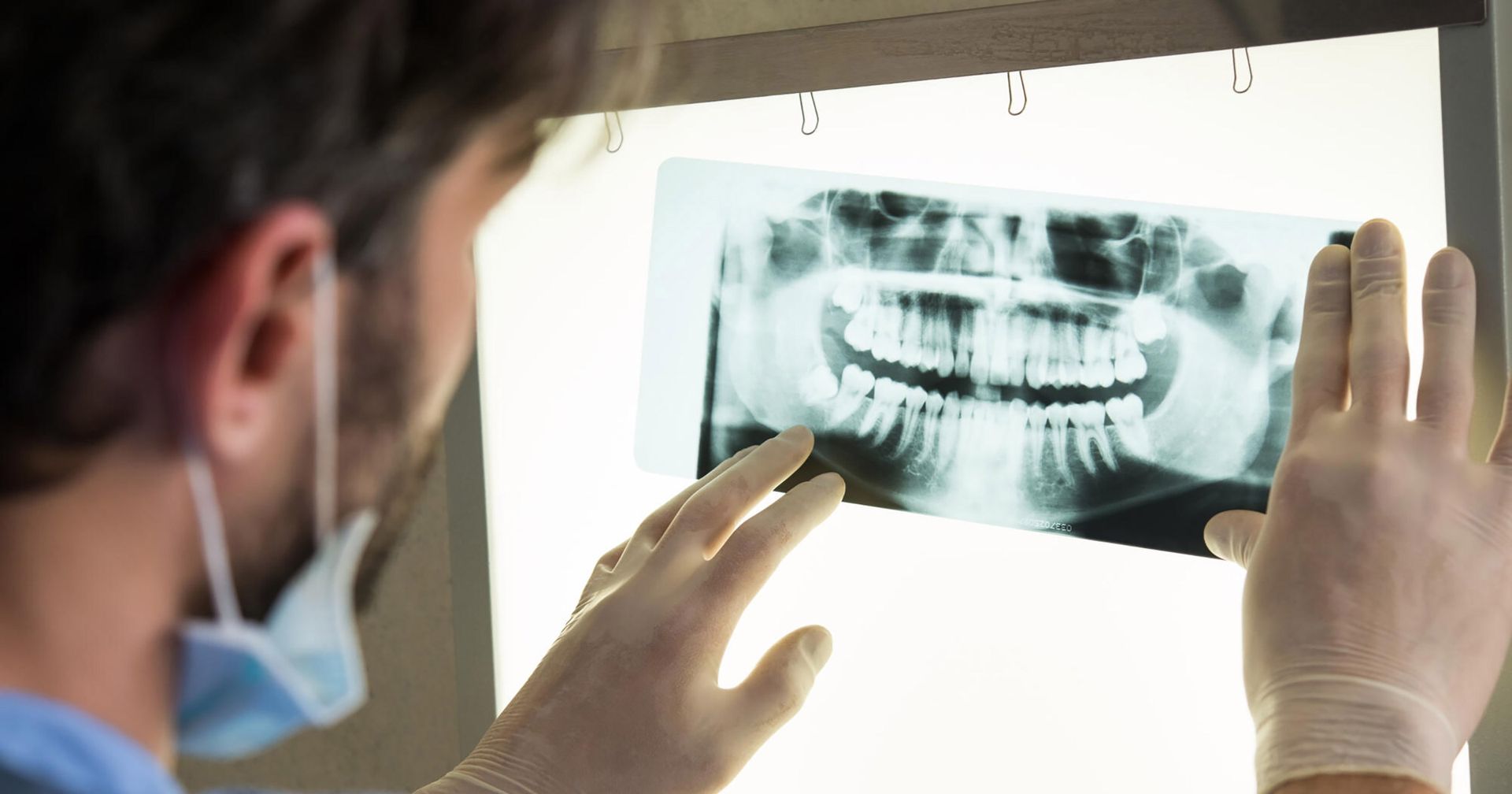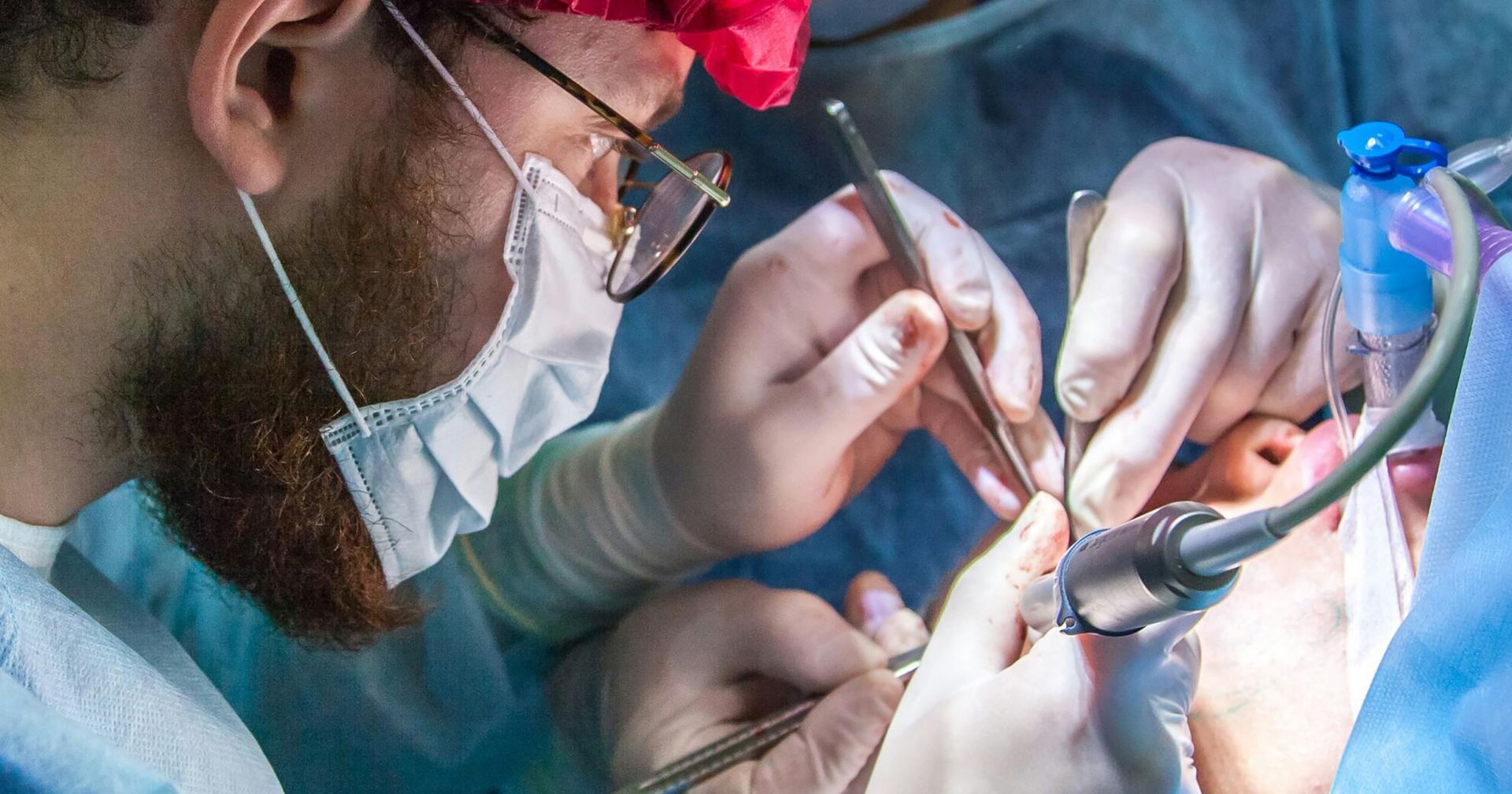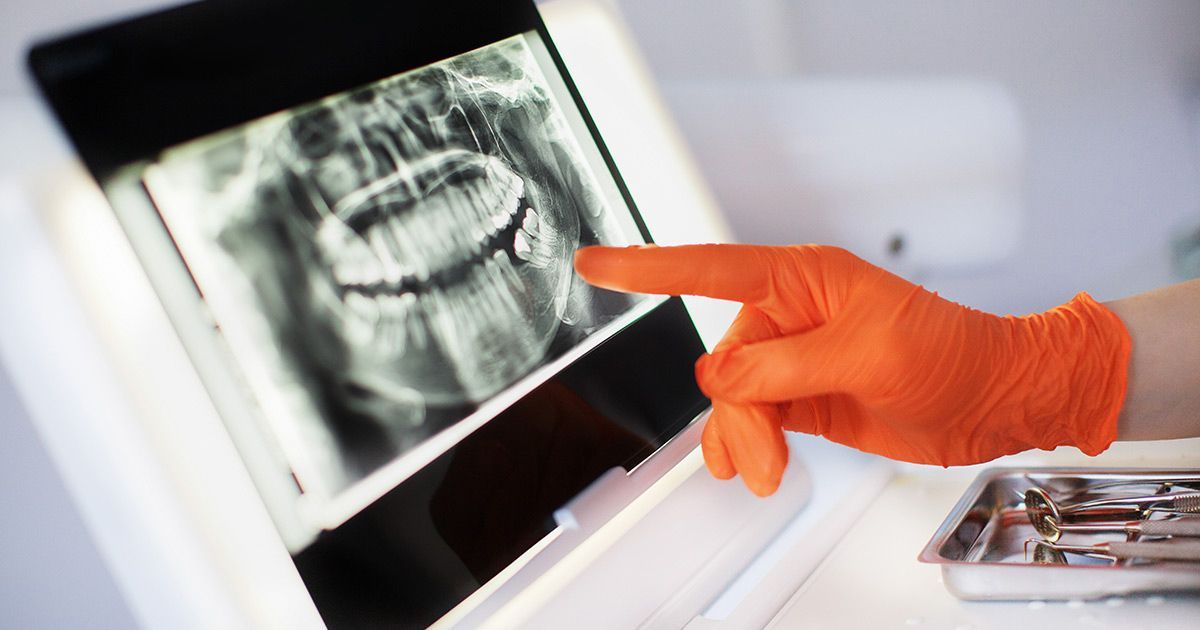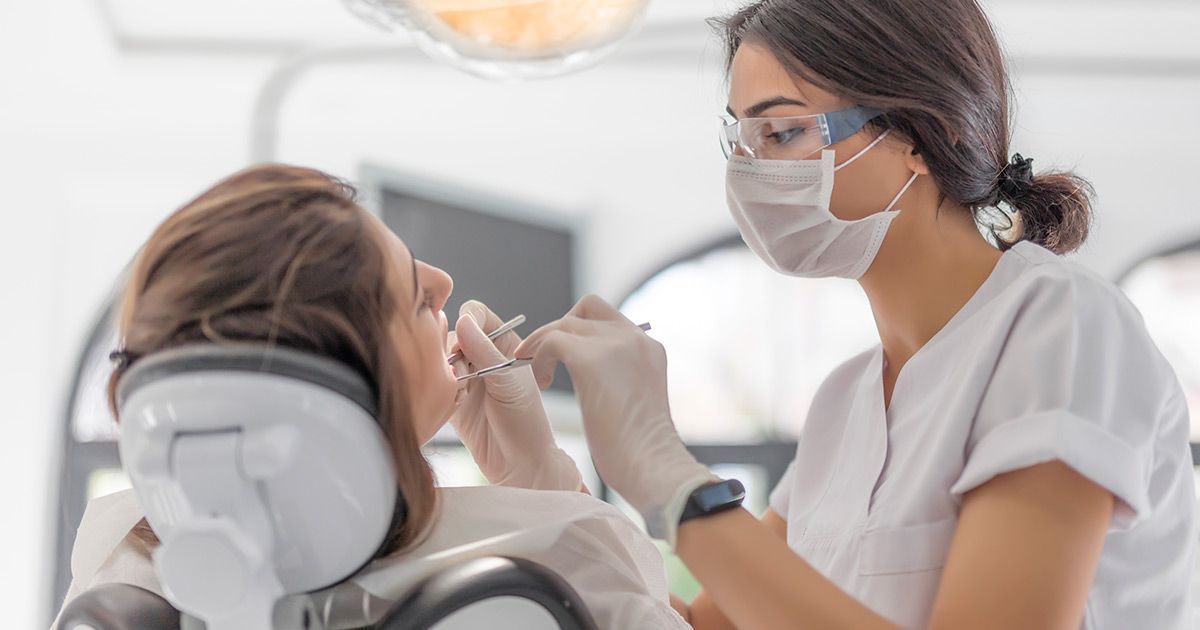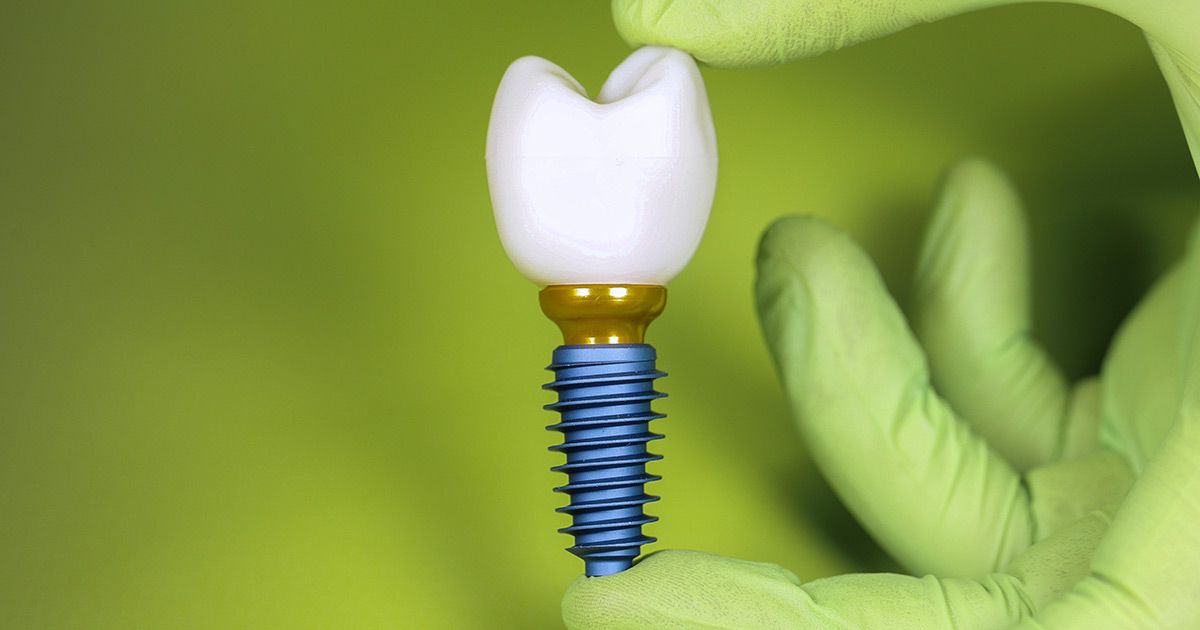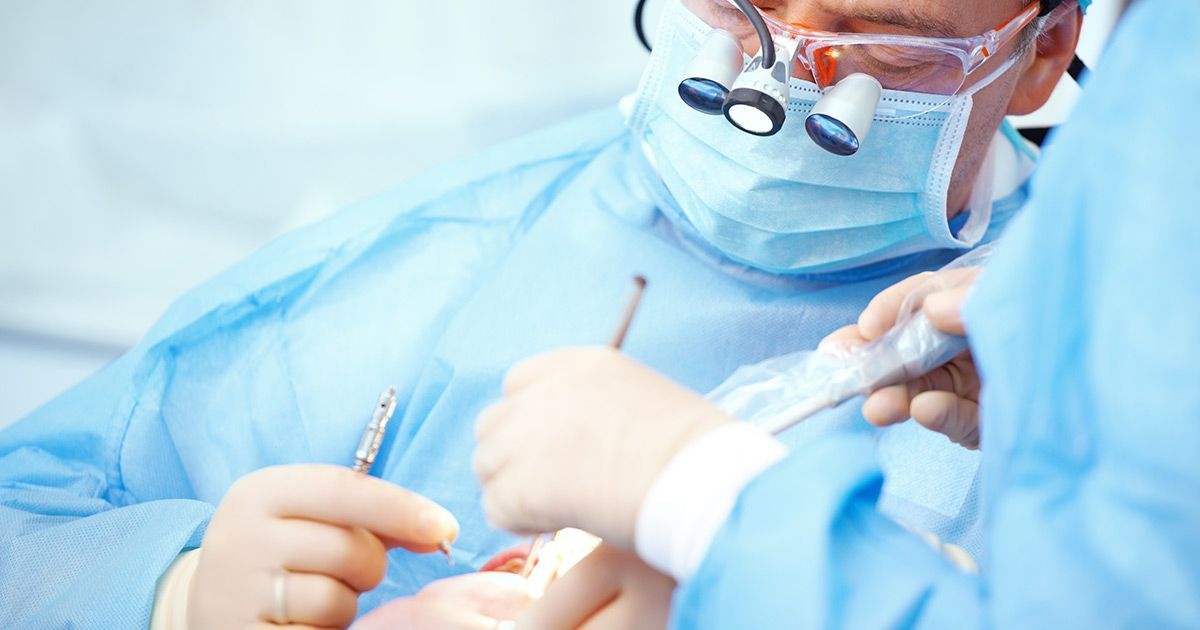How to Prepare for Your Dental Implant Procedure
You don't need to be nervous about an upcoming appointment for dental implants. Learn how to prepare and show up for your procedure here.
After much thought (and some missing teeth), you've decided to go through with a dental implant procedure.
However, seeing as you've never gotten a dental implant before, you're wondering: what should you expect out of the dental implant process?
Getting dental implants is an intensive process characterized by months of procedures and appointments. We're going to discuss the process below, helping you understand the ins and outs of the dental implant procedure.
Know What the Dental Implants Procedure Entails
To prepare for a dental implant procedure, you have to know what a dental implant procedure entails. Generally speaking, it includes the following components:
First Appointment
You'll start by scheduling an appointment with your dentist. At this appointment, your dentist will assess your teeth, gums, and jawbone. This assessment determines whether a dental implant is a viable solution for you.
Not all jawbones are strong or substantial enough to anchor dental implants. If yours isn't, you can do one of two things:
- Choose a different tooth replacement option
- Undergo bone grafting.
Bone grafting is intensive and expensive but can be worth it for the benefit of having a permanent tooth implant (other replacement options aren't permanent).
During this initial appointment, your dentist will tell you exactly how the implant process will go down. You'll also have the opportunity to ask questions if you have any. For instance, you might ask, "do dental implants hurt?" (there is pain present in the days following the procedure).
Implant Appointment
After your initial appointment, you'll schedule an appointment for your implant to be inserted. You'll arrive at this appointment, speak with your dentist about what lies ahead, and will then be numbed with local anesthesia.
This will make it so that you don't feel any pain during the procedure. Note, though, that you'll be awake for the duration.
Your dentist will cut a small incision in the affected area of the gums. They'll then drill out the jawbone below so that there's a spot into which a small metal rod can be placed.
Once the rod is placed, they'll top it with a metal abutment. In many cases, this will then be topped with a temporary synthetic tooth.
Bone Growth
Over the next 4 to 6 months, bone will grow around the implant, locking it in place. During this time, you may or may not see your dentist for checkups. Regardless, you need to be sure to avoid heavy pressure against the implant.
Final Appointment
The final appointment involves assessing the implant and ensuring that it's ready for full use. If it's deemed ready by your dentist, they will top it with a permanent synthetic tooth.
This tooth will be attached to the implant's abutment with a specialized dental cement, thus ensuring that it won't fall off when subjected to hard foods and the like.
At this point, the procedure is over. The
dental implant is fully inserted and ready for use. Your dentist will check on it during standard dental exams. Apart from that, however, the process is over.
Follow Your Dentist's Instructions
After your initial dental implant consultation, your dentist will provide you with a series of instructions pertaining to your procedure. You're strongly advised to follow these to a tee.
Generally speaking, they involve not eating the night before and the morning of the procedure. They might also involve taking prescribed medications.
It's typically advised that the patient have someone drive them to and from the procedure. The medications taken could have a sedating effect that negatively impacts the patient's driving. Likewise, the pain present after the procedure could also negatively affect the patient's driving.
Understand Dental Implant Aftercare
Now, what about dental implant aftercare? What can you expect from the recovery process and how should you go about relieving pain and discomfort?
There will, in fact, be some pain and discomfort after the rod is implanted into the jawbone. This will be accompanied by swelling and will likely last for around a week.
During this time, you're advised to quell pain and discomfort using a few different strategies. These include:
Avoid Hard Foods
First and foremost, you need to avoid hard foods. Nuts, jawbreakers, and the like are not going to be kind to you during this time.
In fact, even mild foods like sandwiches could cause discomfort for some. These individuals are advised to drink smoothies and the like until the severe pain subsides.
Take Pain Relievers
Patients may also benefit from taking pain relievers in the days following their procedure. Your dentist might prescribe you high-powered pain relievers. If not, you can use over-the-counter pain relievers like ibuprofen.
Apply Ice
If the swelling is particularly bad, you should consider applying ice to the area around the implant. Applying an ice pack for 15 minutes at a time can be beneficial, and might even help to reduce some of the pain that's present.
Rinse Carefully
Once the implant has been inserted, you'll need to intermittently rinse your mouth out with warm salt water. When doing this, be careful not to swish the solution around too quickly. If you're too rough with the solution, you might accidentally rip the incision open.
Brush Carefully
You should still brush your teeth in the days following your implant procedure. Brushing is vital to killing bacteria in the mouth and thus can help to keep infection from forming.
Note, though, that you should be very careful brushing around the implant. Brush very lightly over the incision so as not to accidentally tear it open.
Avoid Smoking
Do you smoke cigarettes or other substances? If so, you should avoid smoking during the two or three days following your implant procedure. Smoking can not only inhibit healing but could also cause an infection to form.
Looking for a Dentist in South Philadelphia, PA?
Are you interested in getting dental implants? Looking for a dentist in South Philadelphia, PA? If so, look no further than The Tabas Center for Advanced Dentistry.
We're highly experienced in facilitating the dental implant process. Our warm and experienced team looks forward to giving you the confident smile you deserve.
Contact us today to get the process started.

